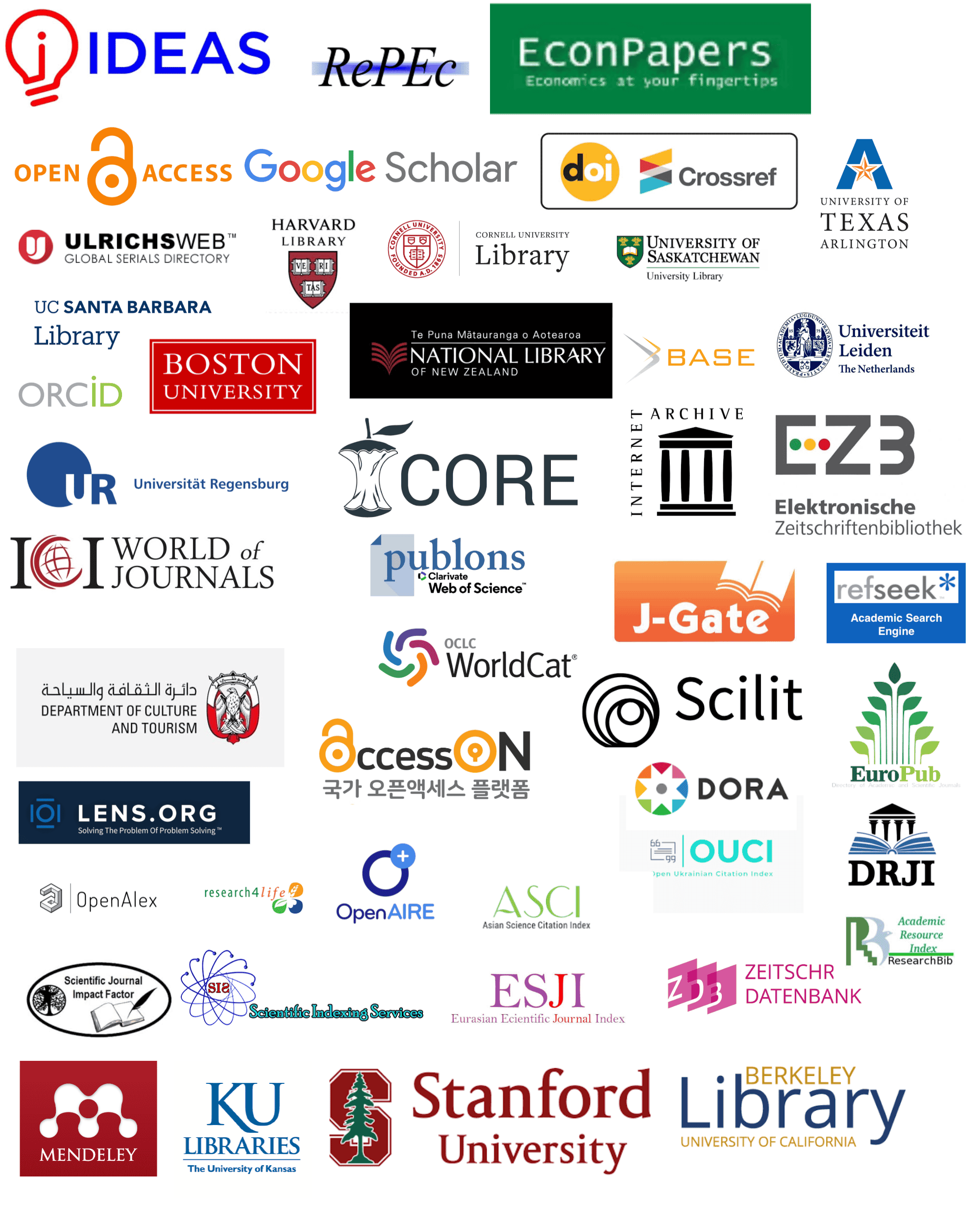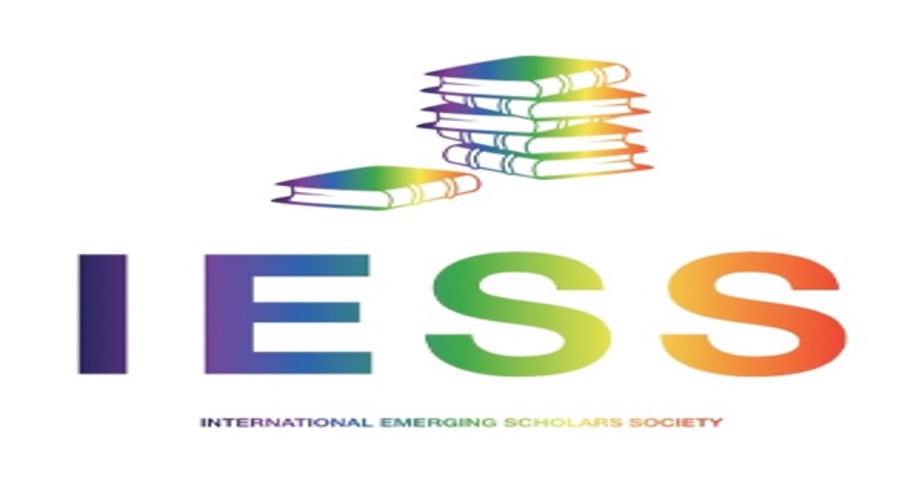Economic Crisis of Bangladesh's RMG Sector Effect of Government Borrowing to Meet the Budget Deficit
DOI:
https://doi.org/10.56879/ijbm.v2i2.22Keywords:
Economic, Government, Finance, RMG sector, Budget Deficit, Sustainable DevelopmentAbstract
The economic crisis in Bangladesh's real estate industry sector is a cause for concern as it is heavily affected by the government's borrowing to meet the budget deficit. The high level of debt has led to inflation and a decrease in consumer spending, which has harmed the real estate market. Developers are struggling to find buyers for their properties and are facing financial difficulties as a result. The government should consider implementing policies to address the budget deficit and reduce the burden on the real estate industry. This could include measures to increase revenue through tax reform and reducing government spending. Additionally, the government should also focus on providing incentives for investors to invest in the real estate market, such as tax breaks and subsidies. Overall, addressing the budget deficit and providing support to the real estate industry is crucial to ensuring the stability and growth of the economy. The majority of the government's revenue comes from taxes, VAT, and the domestic sale of bonds and certificates of deposit, making it one of the largest corporations in any nation's financial industry. There are three organizations through which governments may occasionally borrow money from other nations: the World Bank, the IMF, or LIBOR London Inter Bank. To close the budgetary gap, higher-rate borrowing will be necessary. Estimating income and expenses before making any purchases or placing anything on the market is the primary tenet of a budget.
Downloads
Published
Issue
Section
License
Copyright (c) 2023 Md. Saiful Bari (Author)

This work is licensed under a Creative Commons Attribution 4.0 International License.


